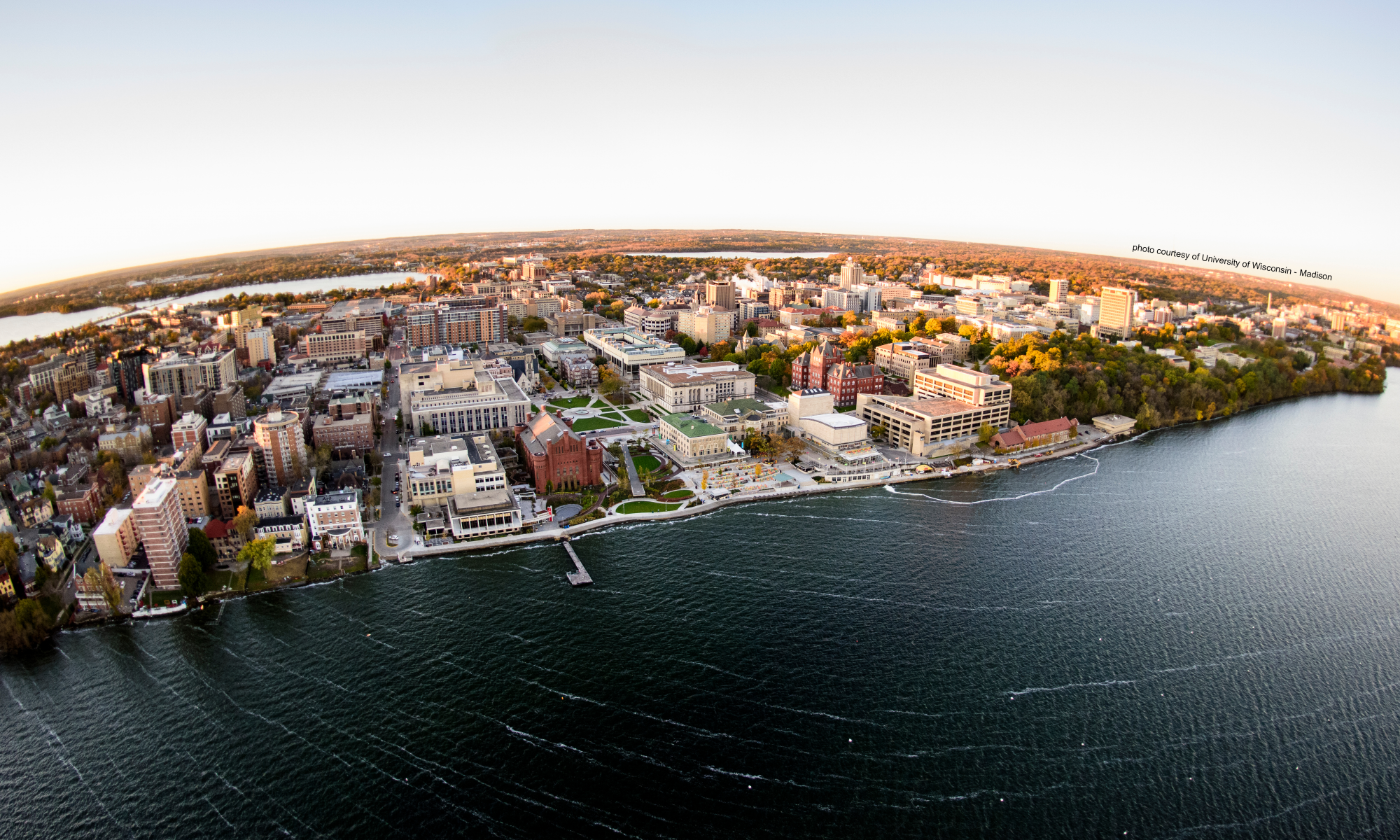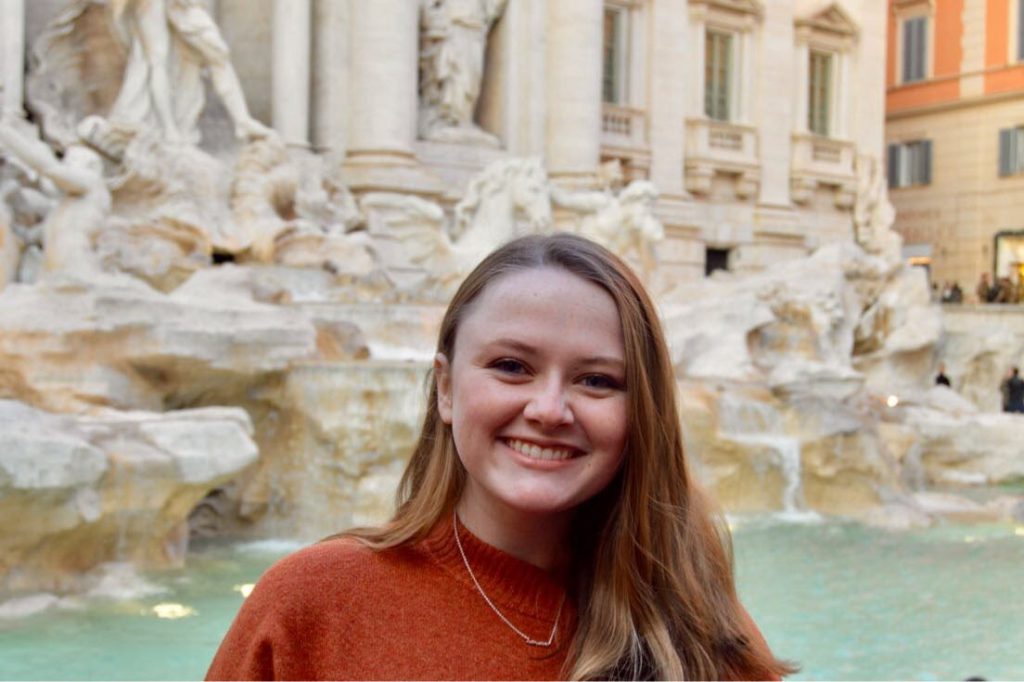Animal Crossing: New Horizons, Nintendo’s latest hit
Animal Crossing: New Horizons, Nintendo’s cute, cartoony life simulation game, has become something of an internet sensation in the US since its release on March 20. Twitter is flooded with Animal Crossing content, from screenshots to fanart to long tirades either for or against Tom Nook, a raccoon who the player is in debt to at the beginning of the game.
With the nation under quarantine and social distancing becoming the new normal, video games are now a major part of many Americans’ lives, and Animal Crossing, the best-selling game in the US for March according to The NPD Group, has become one of the most popular games in the country.
The World Health Organization even encouraged people to play video games to help stop the spread of COVID-19 in a tweet from Raymond Chambers, WHO’s ambassador for global strategy. But some feel there are more benefits to video games during quarantine than just aiding physical distancing.
Jasmine Miletic, a sophomore on UW-Whitewater’s esports team, said that the new Animal Crossing game offers her a sense of normalcy and a way to escape during quarantine.
“You have a bunch of goals to do, and with us all being trapped inside the house, having the game there kinda gives you a sense of reality,” Miletic said. “It takes you away.”
Miletic has also made new personal connections through Animal Crossing’s online community.
“I’m in a couple Facebook pages where you can talk to people who also play the game, and then they can come visit your island and you can sell them stuff and trade items with them,” Miletic said. “I’ve actually met a lot of people through that.”
According to Matthew Berland, an associate professor at UW-Madison and the director of the UW Game Design program, video games allow friends to socialize again while still remaining under quarantine.
“I think that a lot of people, including myself, really miss chatting with people,” Berland said.
One popular board game site, Board Game Arena, even crashed due to the sudden influx of people, according to Berland.
“There was just so many people that wanted to play board games with their friends,” Berland said. “I think video games are the same way. I think that a lot of the servers are experiencing high loads because it’s a virus-safe way to have social interactions.”
He argued that games provide a context for the more subtle social interactions of life that many are missing because of social distancing.
“I think a lot of people underestimate the value of really minor-key, softly-spoken notes,” Berland said. “Sometimes you just need to hear that [your friends] had rice and beans for lunch.”
It’s no secret that the pandemic and quarantine have played a part in the success of Animal Crossing, but aspects of the game itself have drawn in many players, Miletic and Berland included.
In Animal Crossing, the player arrives at an island that they can then explore, crafting items and developing their town for villagers, anthropomorphic animal characters with distinct personalities that live on the island and are “super cute,” according to Miletic.
“It’s delightful, it feels safe, it feels happy, it feels creative, it feels social.” Berland said. “My personal feeling is, when I sit down to play, say with my daughter or alone … my feeling is delight.”
Miletic made one point very clear.
“It’s just a really cute game,” she said.
With so much additional free time though, people may be feeling pressured to be extra productive rather than spend time playing video games. On Twitter, one tweet by singer-songwriter Rosanne Cash about being productive during quarantine was retweeted more than 52 thousand times.
“Just a reminder that when Shakespeare was quarantined because of the plague, he wrote King Lear,” Cash wrote.
But more and more people are turning against this type of thinking. Chris Ferguson, an associate professor at Stetson University, said that the increase in gaming likely has few negative impacts.
“Accumulating evidence suggests that playing video games isn’t really associated with negative outcomes,” Ferguson said. According to Ferguson, as long as people finish their work and exercise, “There are honestly no maximum limits on video game time, particularly as right now there might not be much else to do.”
And according to Berland, the benefits of social interaction and personal connections are important as well.
“Like any media, like books like movies, tv, like anything, you can do it positively or you can do it negatively,” Berland said. “But there’s lots of great ways to play games with your friends … and play creatively with your family, and to keep in touch.”
This is all good news for Miletic, who has been spending a lot of time in her virtual island village.
“Right now I’m already at, I believe, 185 hours,” Miletic said. “And the game just came out not even a full month ago.”
Berland also reflected on his time spent playing games.
“I have two kids and a wife, and keeping everyone happy is job number one for my wife and I,” Berland said. “But in lieu of going anywhere, there is time to play games, which is nice.”


